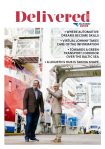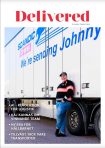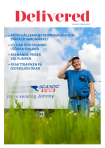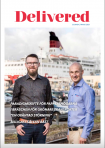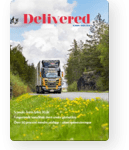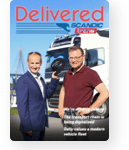“Nothing will change if nothing is changed.”
This is an established quote, the truth of which Kaj Kunnas has witnessed many times during his career.
He requires no further introduction after 27 years as a sports journalist at YLE and forever associated with the Ice Hockey World Championships, which he covered for a full 21 years. Nowadays, Kaj is an entrepreneur in the form of a travel guide, and lectures on team-building and communication as well as the importance of a positive attitude - and of change.
New insights
Kunnas resigned from his work in order to live life 2.0. His wife Gerd Marianne did the same.
After having spent more than half of their lives in Southern Finland, the couple sold their house and moved up to Ostrobothnia where they always had their summer house in Munsala. Gerd Marianne is also originally from there. The couple now share their life between the summer house, the apartment in Nykarleby and an apartment in Almuñécar on the Spanish east coast. They made a change – a voluntary one.
“I suffered from a stroke in 2016 and before I was fully recovered my wife was diagnosed with cancer. For the first time in our lives there were things more important than work and new insights came to us,” Kaj says. “What if we never had time to retire?”
More painful, if a must
Choosing to resign felt a lot easier than being forced to take a disability pension – or something even worse.
“Change must take place at the right time and from our own free will; it’s significantly less painful than if it is postponed until it becomes inevitable and is forced on us,” Kaj points out.
It is a life lesson he has learned over the years when working as a journalist, after following the success story of countless athletes and perhaps especially the Finnish ice hockey lions.
“When you’re at your best, you have to be extra careful, and extra willing to change things. Your opponents, your competitors, will watch carefully and sooner or later copy your winning concept. In order to have continued success, something must therefore change.”
This leads to new lessons learned
It is the same in business and companies.
“We have to take advantage of opportunities to develop, to lead the way for our industry and lead development, regardless of whether it concerns tactics in ice hockey, or the transition to more environmentally friendly fuels and gas operation in the transport industry – or something totally different,” he continues.
Through change we are always forced to learn new things. It may not always be positive ones, but through change we get better at everything.
“Both ups and downs lead us to new ideas, and both are needed,” Kaj says. “Change is a work that is never finished, an ongoing process of improvement,” he concludes.
Text and photo: Anna Sand


